WISCASSET — Five days a week since September, the school children have bushwhacked across woods. They’ve explored marshes and the rocky Maine coast, sometimes while mapping these wild areas or surveying wildlife. They have dressed up and taken on the persona of Leonardo da Vinci and Aristotle, and interviewed adults in different careers for their eight-page newspaper.
The kids are part of the new outdoor elementary school at Chewonki, launched last fall as a pilot program. In February, the Chewonki board of directors unanimously voted to continue it after this school year. The eight children who attend the $12,000-a-year private school can’t wait.
“(Zoe) often comes home bubbling with excitement about the latest things they are doing: the newspaper they are producing, the baby calf they visited the morning after she was born, the book she is reading in her book group, cooking chili for lunch over the open fire on a cold winter day, the scientists they are all learning about,” Courtney Culley of Georgetown said of her 11-year-old daughter.
“There is nothing better than listening to your child enthuse about all the great things that happened at school that day.”
Chewonki’s outdoor elementary school is believed to be the first in Maine that combines lessons inside and outside. It serves children in grades 3 through 6, and will expand to eighth grade in the next two years. Its “placed-based” instruction integrates students in the natural world and their community. The approach is used in Maine at a few private kindergartens, such as White Pine Programs in York, and at least one school for children 8 and under in Alna, at Juniper Hill. But Chewonki is believed to be the first teaching children ages 7 through 14 outside, according to the Department of Education.
For a century Chewonki has been a place of learning and team building through summer camps and outdoor classes taking place during a portion of the school year. The idea of expanding it to the entire school year is part of a bigger vision.
“Sometimes we take the approach where education is about filling our children with content. It’s a competitive world and you have to learn to compete. We need to make sure that our children have the time and space and experience that will help them connect with themselves and their community. Because otherwise they’ll feel isolated and alone and question themselves,” said the Chewonki president, Willard Morgan. “Then we have significant problems that society has to pick up. We absolutely see this as a long-term model for grades 3 through 8.”
As the students walked through the woods on Chewonki Neck last week, teacher Kat Radune gave instruction.
“We want you to think about what you know about where animals live. And our noise level needs to be low,” Radune said to the students as they conducted a wildlife survey that uncovered chickadees, red squirrels, eider ducks and a downy woodpecker.
As the group followed the trails on a map they created last fall, they pointed out landmarks they had come to know, including a huge uprooted tree that left a cave-like pocket in the earth. One student called it their home.
“I went to first grade in public school. This is more interesting,” said student Theona Gehan, 10. “When I get to school now I do things. I learn more than I would reading a textbook.”
Every school day the students work on reading and writing indoors, and outdoor group projects that integrate science, math and physics. When the students studied early scientists and philosophers, they dressed as their favorite inventor and, in costume, became that historic figure sharing that person’s opinions with visiting adults.
“This is pretty different from public school. It’s much better. You’re outside more. It’s more refreshing. And I don’t feel rushed,” said student Aiden French, 9, of Alna.
Radune said when students are working as a group outside it gives them confidence in themselves, in their environment and in their community.
“They did a lot of mapping in the fall, so they feel connected to this place. They also studied the natural history of this land. They are learning science out here but also history,” Radune said. “Kids love to be held accountable. Placed-based gets confused with being outside. But it means learning about the place you live. There’s a balance.”
Copy the Story LinkSend questions/comments to the editors.


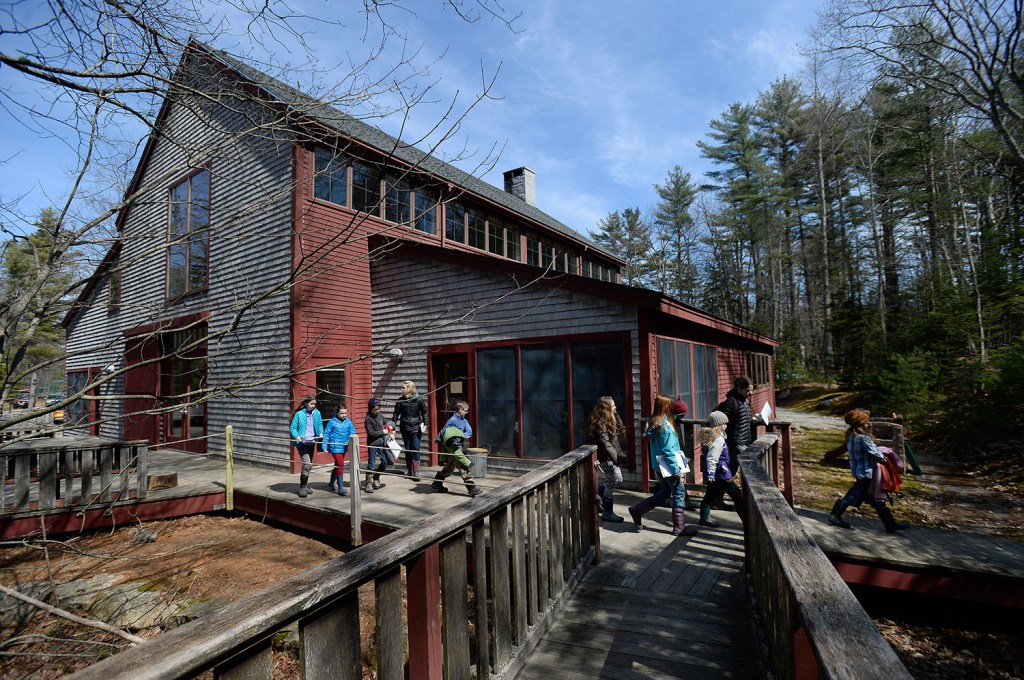
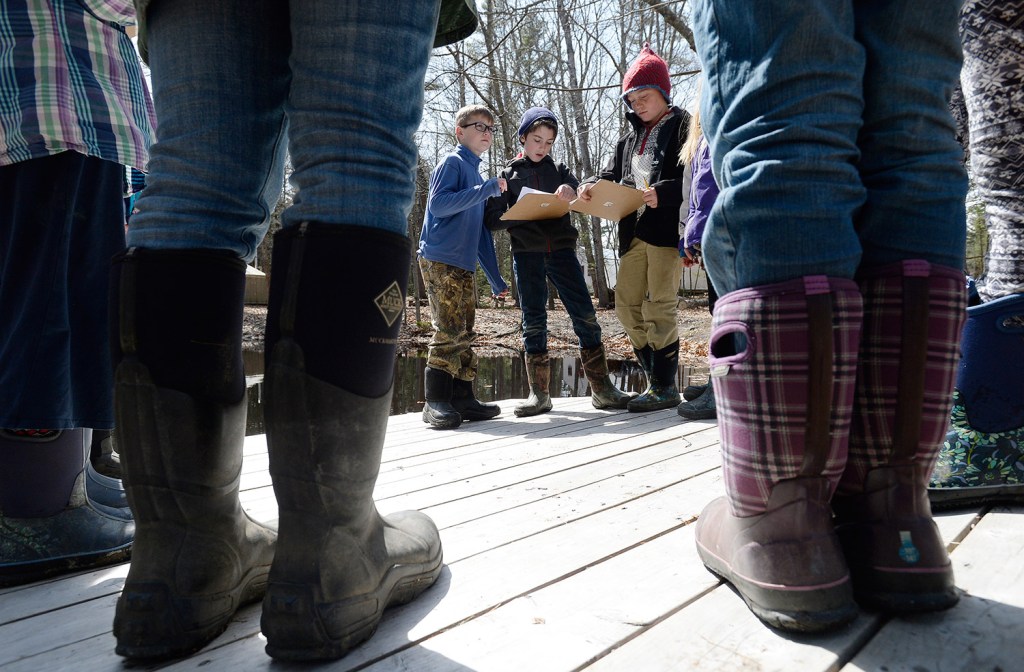
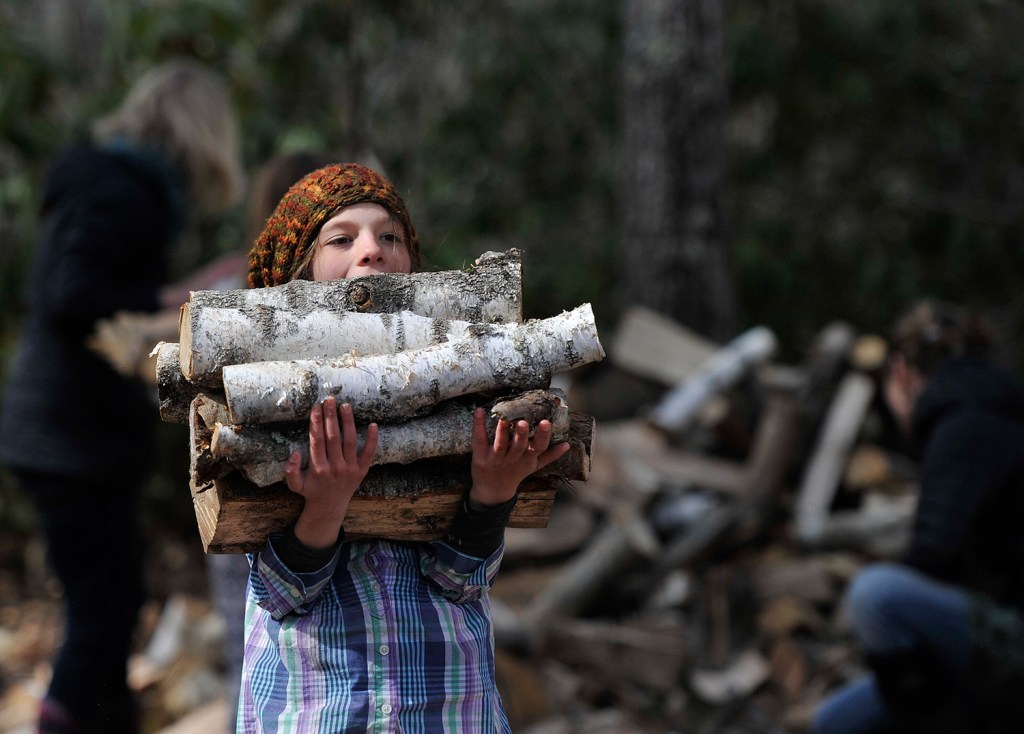
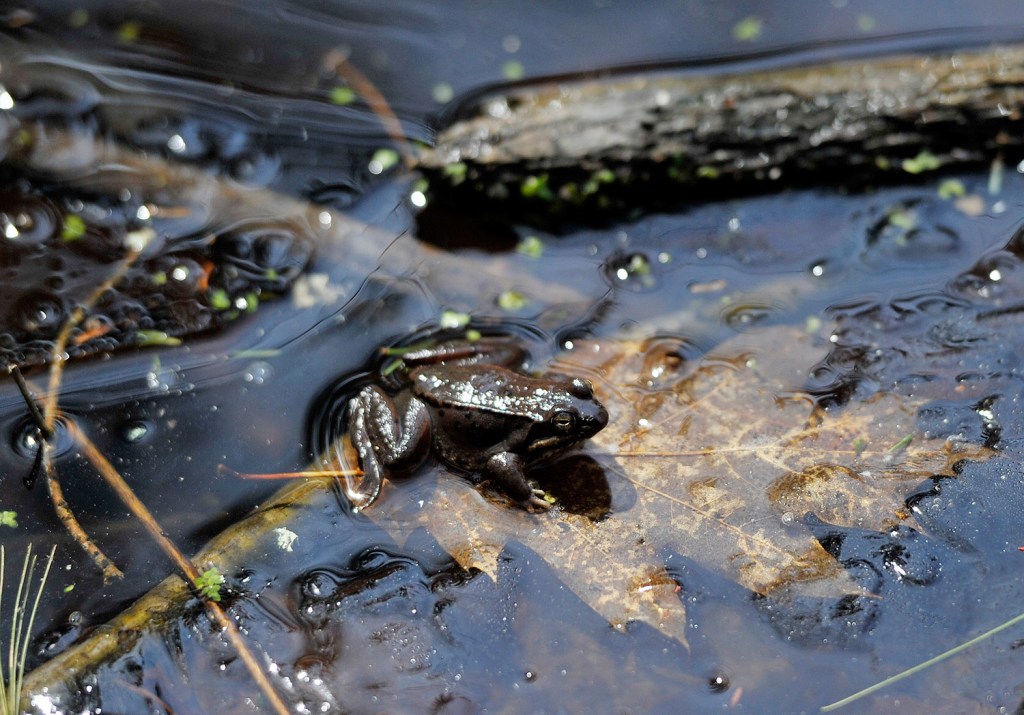
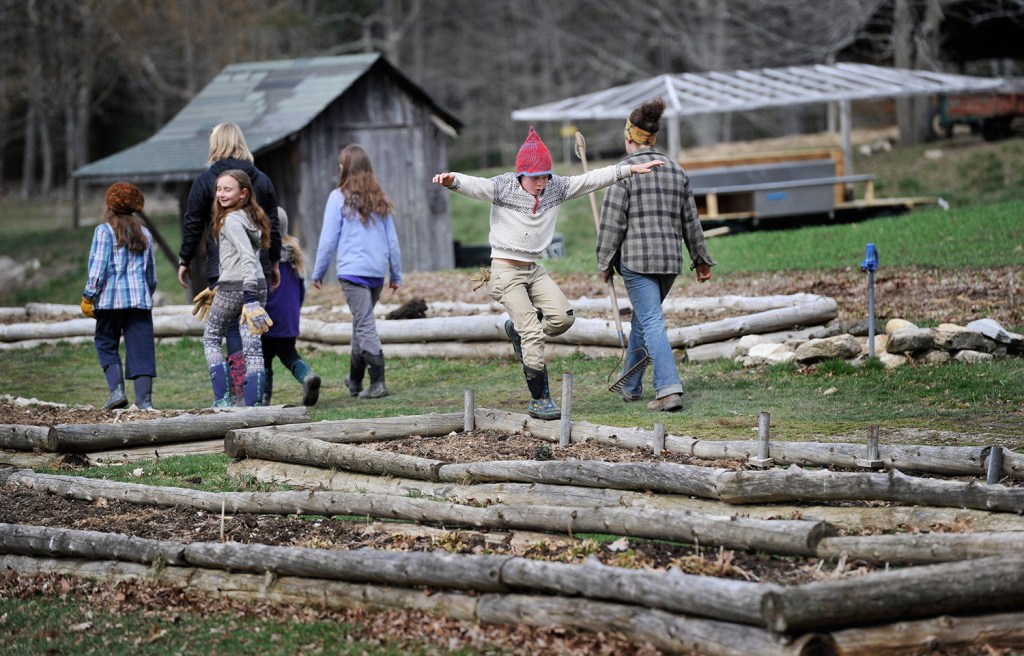
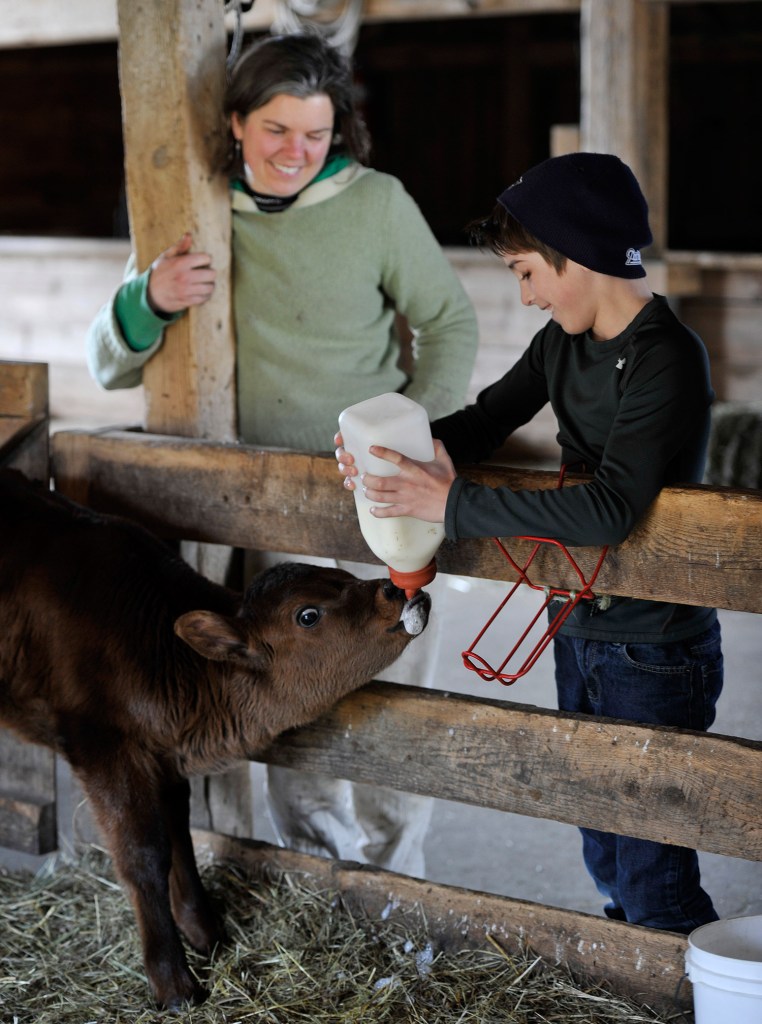
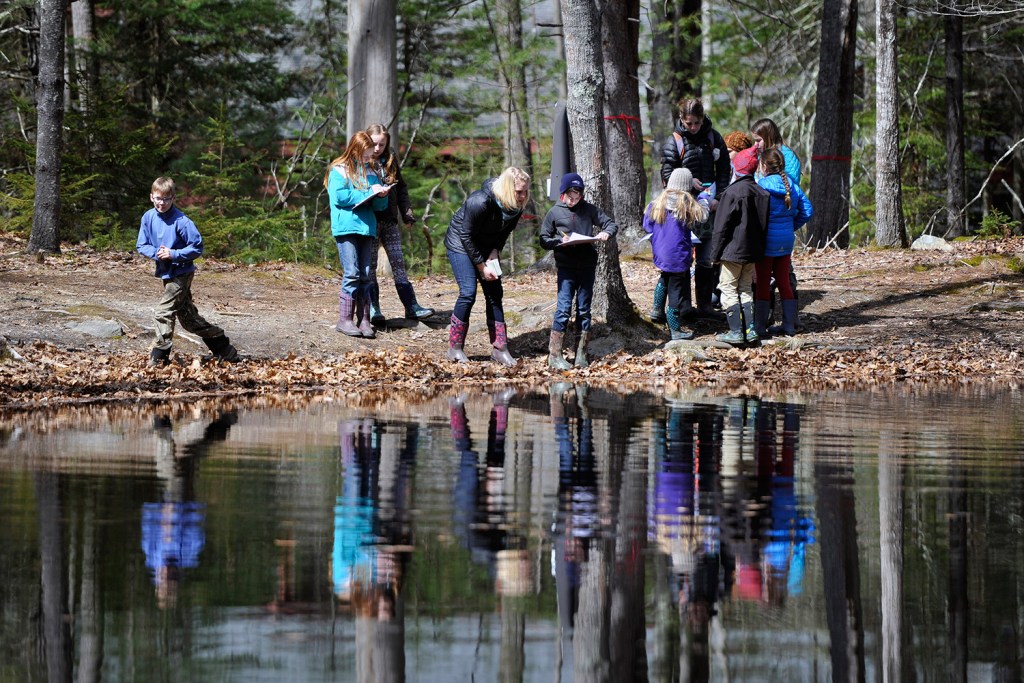
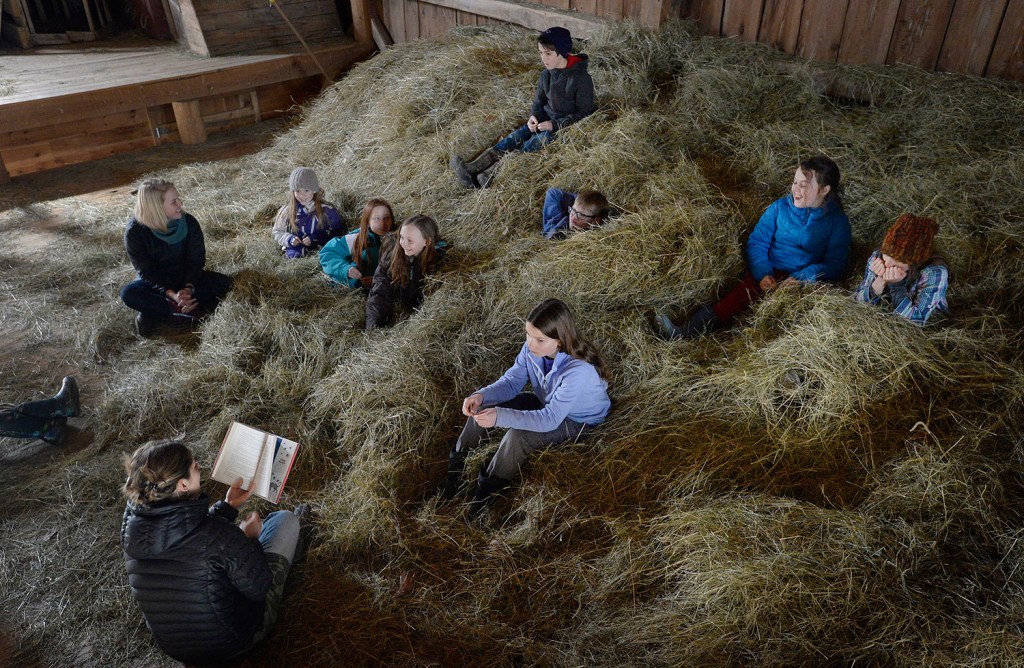

Success. Please wait for the page to reload. If the page does not reload within 5 seconds, please refresh the page.
Enter your email and password to access comments.
Hi, to comment on stories you must . This profile is in addition to your subscription and website login.
Already have a commenting profile? .
Invalid username/password.
Please check your email to confirm and complete your registration.
Only subscribers are eligible to post comments. Please subscribe or login first for digital access. Here’s why.
Use the form below to reset your password. When you've submitted your account email, we will send an email with a reset code.